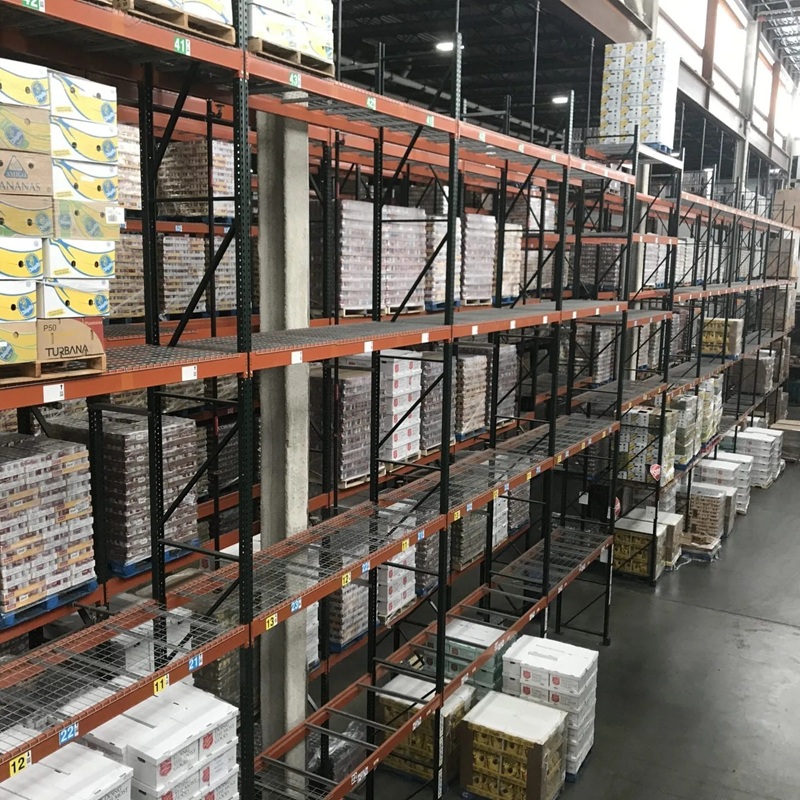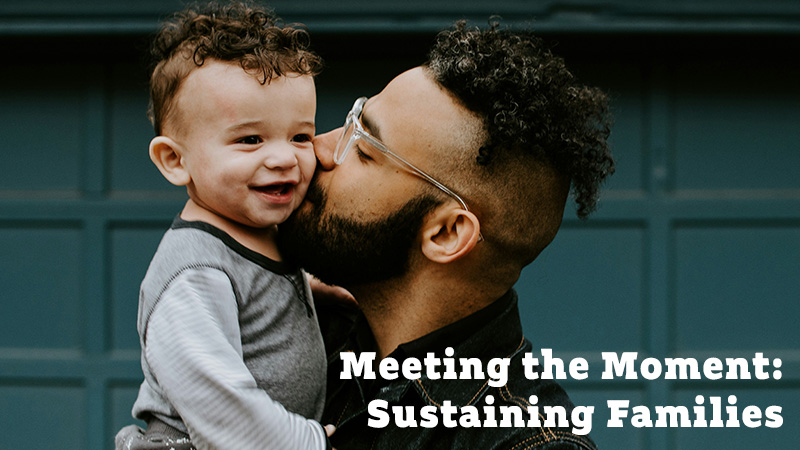SNAP cuts are an abdication of our shared moral responsibility
We should never politicize basic human needs like food
THE RECENTLY PASSED One Big, Beautiful Bill Act has led to the largest federal cuts to the Supplemental Nutrition Assistance Program (SNAP) and Medicaid in history.

Proponents have claimed that this bill will reduce waste and fraud. With the USDA reporting that over 98 percent of those receiving SNAP benefits are wholly eligible, and payment errors are down significantly, this is a claim based on politics, not facts.
This bill reduces or eliminates benefits for seniors, veterans, children, legally present immigrants, and working families. The tightened work requirements for SNAP beneficiaries put approximately 175,000 Massachusetts residents at risk of losing benefits.
For decades, SNAP, formerly known as food stamps, has enabled low-income families and individuals to put food on the table. Today, the program supports 1 in 6 Massachusetts residents, and 1 in 8 people across the country, providing them with the purchasing power needed to achieve food security and have the consistent access to nutritious meals that everyone deserves.
Estimates for cuts to Medicaid show that over 325,000 people will lose their health insurance in Massachusetts over the next 10 years, putting them at risk of hunger and dependent on emergency food pantries. Medicaid is a critical lifeline that makes the basic need of health care accessible to low-income families, and cuts to this program only deepen their struggles, forcing more families to choose between paying for medical care and putting food on the table.
Basic human needs such as food and health should never be politicized. Unfortunately, that’s exactly what has happened. SNAP is not a wasteful program – it is our nation’s first line of defense against hunger. It is a trusted and proven program to support our most disadvantaged residents in putting nutritious food on the table.
Now, our most vulnerable neighbors will face a manmade crisis that will unfold over the course of several years. By diminishing SNAP and Medicaid benefits, we know more people will turn to an already overburdened charitable food pantry system. We believe this will be at a scale that will far exceed its capacity. The Greater Boston Food Bank’s network of over 600 food distribution partners is already struggling to keep up with demand as one in three Massachusetts residents face food insecurity, exacerbated by one of the highest costs of living in the country.
These vital programs help our neighbors; people we all know. SNAP supports families like Jessie’s, who were forced to move to be closer to Boston hospitals when her two children were diagnosed with an extremely rare genetic condition, leaving her job behind. “I drained every savings account I have had to survive,” she says. “It has been a full-time, unpaid job to coordinate medical appointments and transport my kids to different doctors. I wish more people knew that their neighbors living with food insecurity are not lazy. Most people don’t want to rely on benefits.”
Alongside new restrictions comes a vilified caricature of SNAP beneficiaries – one that paints them as lazy people who refuse to work and seek out loopholes for assistance. In reality, these are hardworking people, our neighbors, people we see going to work every day to feed their families and themselves. Among food insecure households in Massachusetts that do not report being disabled or retired, 82 percent are working households, with 66 percent working full-time jobs. Of the employed households that experience food insecurity, 32 percent report having two or more jobs.
Supporting the wellbeing of people like Jessie and her family is our moral responsibility, and food insecurity is a solvable problem that, when left unaddressed, comes with immeasurable costs. It manifests in a growing number of our neighbors – even those who fit the bill of hardworking Americans – making unimaginable trade-offs between other necessities like housing, health care, medication, childcare, heat and electricity, and transportation.
We are fortunate to live in Massachusetts, a state whose elected leaders value food as a human right. The Healey-Driscoll administration has established a statewide Anti-Hunger Task Force, a public-private partnership seeking to prevent hunger, and mitigate the impact of recent cuts to SNAP and Medicaid. It is charged with identifying lasting, structural solutions to make hunger history.
The recently approved state budget also included historic hunger-relief investments that support the Massachusetts Emergency Food Assistance Program, essential to fulfilling our mission as a food bank to our community partners; Special Supplemental Nutrition Assistance Program for Women, Infants, and Children (WIC); the Healthy Incentives Program; and School Meals for All (making us one of only 13 states with this program), among other Initiatives.
As supportive of hunger relief as Massachusetts is, the requirement to make up for federal funding cuts will strain our state, economy, and charitable food system. In 2028, a particularly detrimental provision of the federal cuts will go into effect, dictating that individual states will be forced to make up for federal funding gaps to meet the need. Transferring the costs of SNAP to the state creates a financial burden that most states simply cannot shoulder.

Nonprofits like the Greater Boston Food Bank will need to fundraise to close the gap, and private philanthropy alone will not be enough to bridge such a significant change in federal policy. We estimate an increase in demand at food pantries could be as high as 55 percent, and an additional $98 million would be needed statewide to purchase more food to meet this anticipated demand. The question is – with so much need, and federal support rapidly dwindling – how can our social safety net continue to put meals on the table for the millions of Massachusetts residents facing hunger?
Through the Anti-Hunger Task Force, we will continue to collaborate with lawmakers and hunger-relief partners to find creative solutions to the hunger crisis and continue to do what we do best – providing our community with access to healthy food.
Food is a human right, not a waste of money. It is our collective responsibility to make this basic need accessible to all our neighbors.

Catherine D’Amato is president and CEO of the Greater Boston Food Bank.
CommonWealth Voices is sponsored by The Boston Foundation.
